 “The duty of politics is to take action, preceded and guided by study and reflection. In this respect, as religious leaders, you play a fundamental role. You stir dormant consciousness caused by indifference or petty opportunism. You remind politics to act in accordance with your message.” Politics thus responds to world faith leaders with an ”essential” mandate. Prime Minister Mario Draghi delivered the final address at the concluding ceremony of the G20 Interfaith Forum in Bologna, held on the eve of this year’s G20 meeting under the Italian Presidency with the theme “Time to Heal – Peace among cultures, understanding between religions.” A total of 370 religious leaders, politicians, parliamentarians, scientists and personalities from the cultural sphere attended a rich schedule of meetings and round tables. As many as 160 keynote speakers from 70 countries animated 32 working sessions. Prime Minister Draghi delivered the concluding remarks and praised the important role that religions play in the public sphere. “In the most tragic times of our recent history,” he said, “you built bridges where terrorism, war and indifference had erected barriers. You encouraged respect for diversity, rejection of discrimination. You courageously defended the rights of communities facing persecution.
“The duty of politics is to take action, preceded and guided by study and reflection. In this respect, as religious leaders, you play a fundamental role. You stir dormant consciousness caused by indifference or petty opportunism. You remind politics to act in accordance with your message.” Politics thus responds to world faith leaders with an ”essential” mandate. Prime Minister Mario Draghi delivered the final address at the concluding ceremony of the G20 Interfaith Forum in Bologna, held on the eve of this year’s G20 meeting under the Italian Presidency with the theme “Time to Heal – Peace among cultures, understanding between religions.” A total of 370 religious leaders, politicians, parliamentarians, scientists and personalities from the cultural sphere attended a rich schedule of meetings and round tables. As many as 160 keynote speakers from 70 countries animated 32 working sessions. Prime Minister Draghi delivered the concluding remarks and praised the important role that religions play in the public sphere. “In the most tragic times of our recent history,” he said, “you built bridges where terrorism, war and indifference had erected barriers. You encouraged respect for diversity, rejection of discrimination. You courageously defended the rights of communities facing persecution.
The proposals you have put forward at this Forum, which the G20 plans to examine, highlight once again the extent of your commitment and the importance of understanding and listening, essential for a true culture of diversity and for the full recognition of the values that constitute the foundations of our humanity.”
 “The antithesis of the pandemic, a global evil, is global fraternity”, said Card. Matteo Zuppi, Archbishop of Bologna. “Pandemics spread and have a greater impact when there are many high walls and few, fragile bridges.” Recent world news that chronicled attacks on places of worship, and the anniversary of the attacks on the Twin Towers and the Pentagon, are a clear reminder that we must never lower our guard. It is necessary to heal the world of every ever fertile seed of ignorance, intolerance, old and new forms of racism, and choose the path of encounter and education to combat religious illiteracy”, the Cardinal said. “That chosen path is the daring path of the Spirit of Assisi, a prophetic gathering called for by St John Paul II to jointly end the scourge of war and build peace,” the archbishop recalled. “With humility but firm conviction,” said the cardinal, “we offer these reflections to all those who can and must reach shared solutions for the good of all.”
“The antithesis of the pandemic, a global evil, is global fraternity”, said Card. Matteo Zuppi, Archbishop of Bologna. “Pandemics spread and have a greater impact when there are many high walls and few, fragile bridges.” Recent world news that chronicled attacks on places of worship, and the anniversary of the attacks on the Twin Towers and the Pentagon, are a clear reminder that we must never lower our guard. It is necessary to heal the world of every ever fertile seed of ignorance, intolerance, old and new forms of racism, and choose the path of encounter and education to combat religious illiteracy”, the Cardinal said. “That chosen path is the daring path of the Spirit of Assisi, a prophetic gathering called for by St John Paul II to jointly end the scourge of war and build peace,” the archbishop recalled. “With humility but firm conviction,” said the cardinal, “we offer these reflections to all those who can and must reach shared solutions for the good of all.”
“We don’t want fraternity to be nothing more than a romantic expression but a common, shared commitment.”
 For three days, under the coordination of historian Alberto Melloni, leaders of world faiths, MPs and government ministers from countries worldwide, scholars and scientists representing various disciplines, met in Bologna to discuss the major themes of international politics, inter-faith and intercultural dialogue and the unprecedented challenges facing the world today. They discussed terrorism and peace, Afghanistan and humanitarian corridors, vaccines and sustainable development, and the pledges expected from the Glasgow Climate Summit, COP26.
For three days, under the coordination of historian Alberto Melloni, leaders of world faiths, MPs and government ministers from countries worldwide, scholars and scientists representing various disciplines, met in Bologna to discuss the major themes of international politics, inter-faith and intercultural dialogue and the unprecedented challenges facing the world today. They discussed terrorism and peace, Afghanistan and humanitarian corridors, vaccines and sustainable development, and the pledges expected from the Glasgow Climate Summit, COP26.
 On the subject of environmental protection, the Ecumenical Patriarch of Constantinople Bartholomew I called on world leaders to take action to save the planet. Proposals and suggestions also emerged. One panel discussion, for example, suggested that “national legislators be asked to delete the concept of race from the Constitution” and to “remove” the term “race” from institutional vocabulary, even when “it is used with the best of intentions.” Bernard Spitz, President of European and International Affairs at the French business confederation MEDEF, proposed
On the subject of environmental protection, the Ecumenical Patriarch of Constantinople Bartholomew I called on world leaders to take action to save the planet. Proposals and suggestions also emerged. One panel discussion, for example, suggested that “national legislators be asked to delete the concept of race from the Constitution” and to “remove” the term “race” from institutional vocabulary, even when “it is used with the best of intentions.” Bernard Spitz, President of European and International Affairs at the French business confederation MEDEF, proposed
“a 21st century Bretton Woods Conference to address present-day challenges.”
 The Mediterranean, a frontier of peace, was the focus of a panel discussion at the Forum, organised in conjunction with the Italian Bishops’ Conference. Following the meeting in Bari in February 2020, the Italian Bishops’ Conference is inviting the heads of Churches of the Mediterranean region to convene again in Italy, in the city of Florence.
The Mediterranean, a frontier of peace, was the focus of a panel discussion at the Forum, organised in conjunction with the Italian Bishops’ Conference. Following the meeting in Bari in February 2020, the Italian Bishops’ Conference is inviting the heads of Churches of the Mediterranean region to convene again in Italy, in the city of Florence.
“We have reached a point in human history in which we can no longer allow dynamics that alienate us from one another to gain ground, for the challenges ahead of us must be faced all together, and not at the expense of one another”, said Cardinal Gualtiero Bassetti addressing participants at the Forum. “The Mediterranean,” he added, “is not just a sea basin bordering three continents, often at odds with each other.” It is a “unique vantage point for seeing the whole world.” A place where the three great religious traditions meet, but also a trade route, and sadly “a sea dramatically crossed by large flows of migrants – men, women and children – from North Africa, sub-Saharan Africa, the Horn of Africa and the Middle East.”
“Unfortunately, from this very perspective,” Card. Bassetti remarked, “the Mediterranean can be compared to a kaleidoscope of world crises. It is necessary to reverse the course. It is vital to change the pace. With courage, compassion and responsibility!”
 His words were echoed by Card. Giuseppe Betori, Archbishop of Florence: “The Mediterranean should not be a ditch that divides peoples and cultures, but a huge lake around which civilisations flourish and meet.” Italy has a fundamental role that it can and must play, the Cardinal said: “Italy is ‘like a bridge’ over this sea. Hence our country’s role is that of a mediator, a meeting ground between the North and the South of the world, between the East and the West, and for Florence, a city of beauty and dialogue, it constitutes a heartfelt mission.”
His words were echoed by Card. Giuseppe Betori, Archbishop of Florence: “The Mediterranean should not be a ditch that divides peoples and cultures, but a huge lake around which civilisations flourish and meet.” Italy has a fundamental role that it can and must play, the Cardinal said: “Italy is ‘like a bridge’ over this sea. Hence our country’s role is that of a mediator, a meeting ground between the North and the South of the world, between the East and the West, and for Florence, a city of beauty and dialogue, it constitutes a heartfelt mission.”









